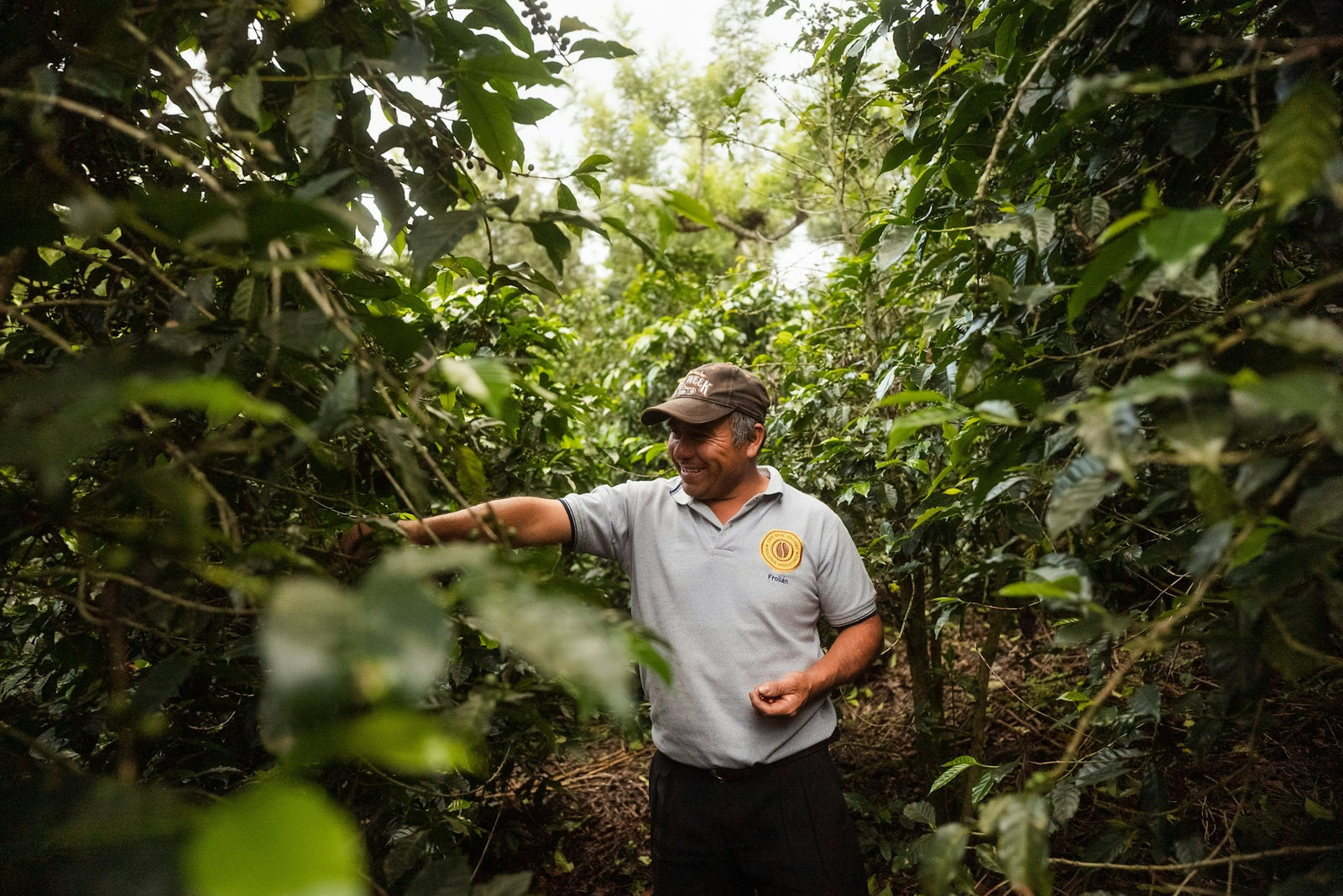Colombia, contributing 12% to the global coffee supply, stands out for its high-quality Arabica coffee. The country's diverse micro-climates, volcanic soil, and ideal rainfall create a perfect environment for specialty coffee cultivation. Despite challenging harvesting and transportation due to its rugged terrain, Colombia's small-scale farms, often less than 10 hectares, play a crucial role in its coffee production.





